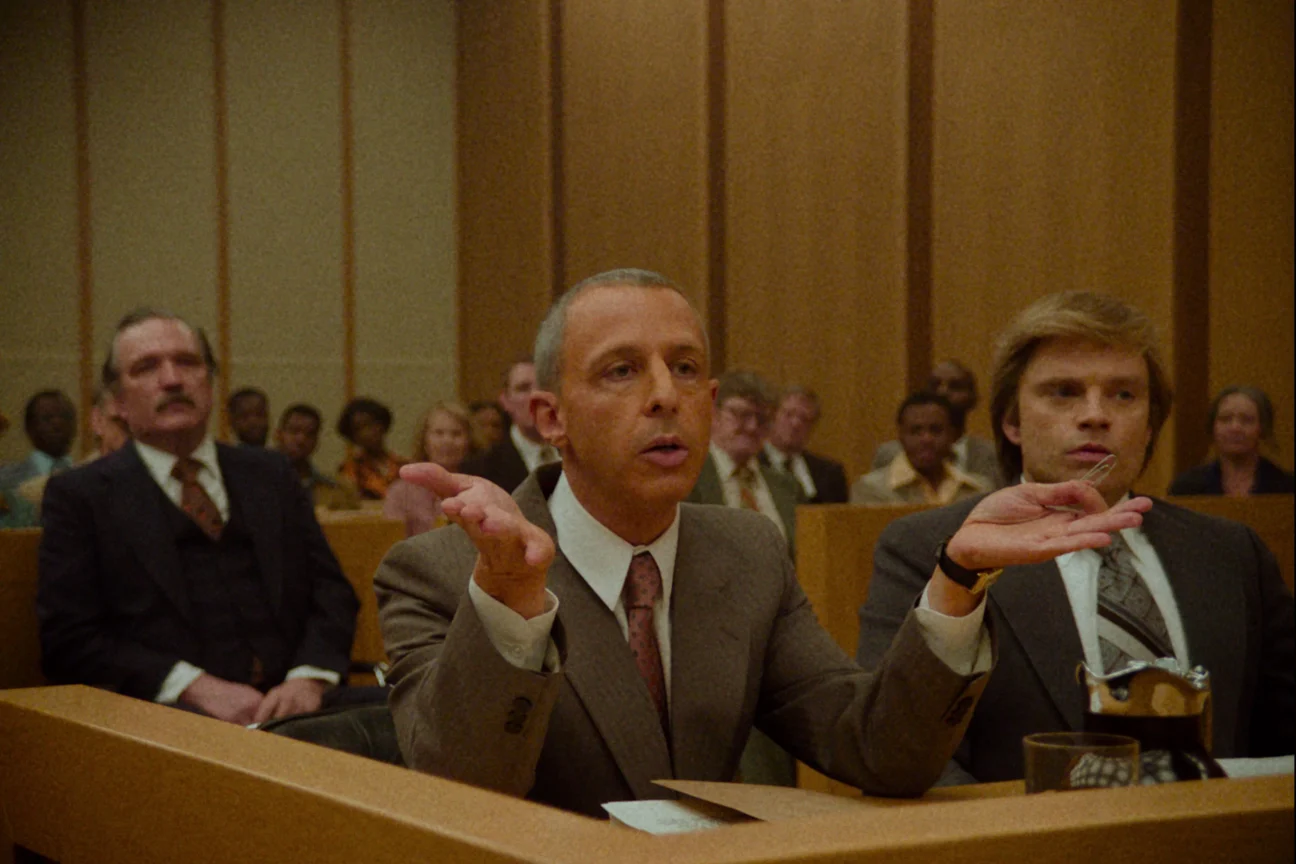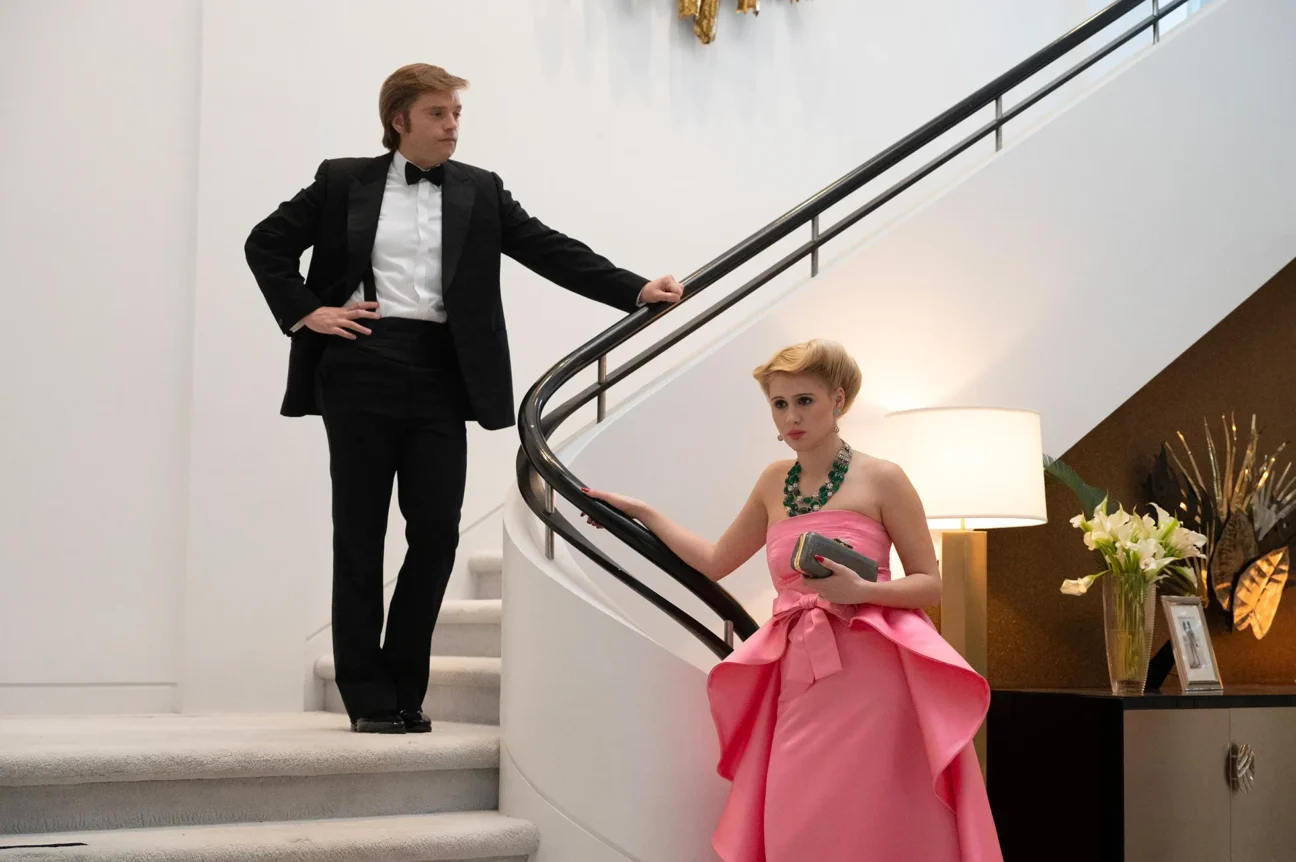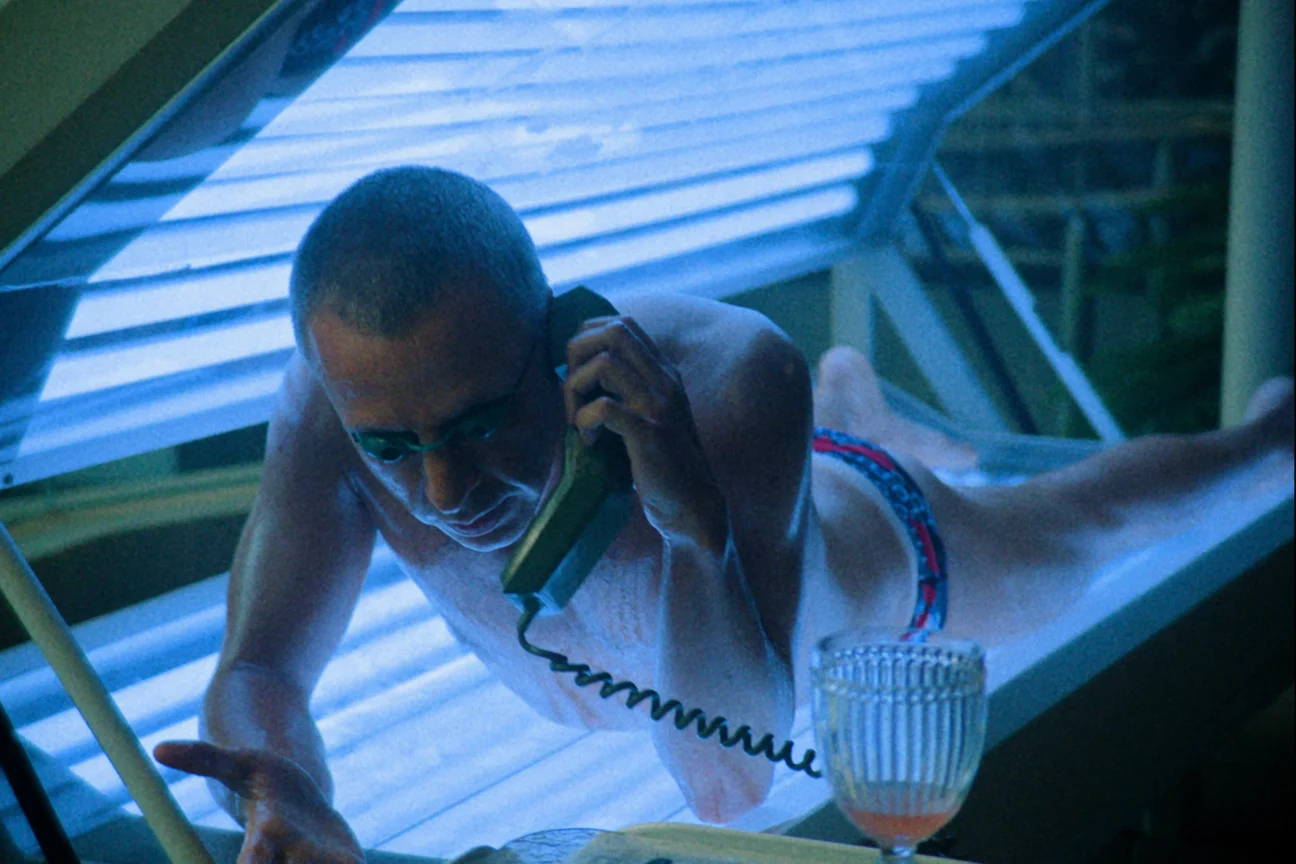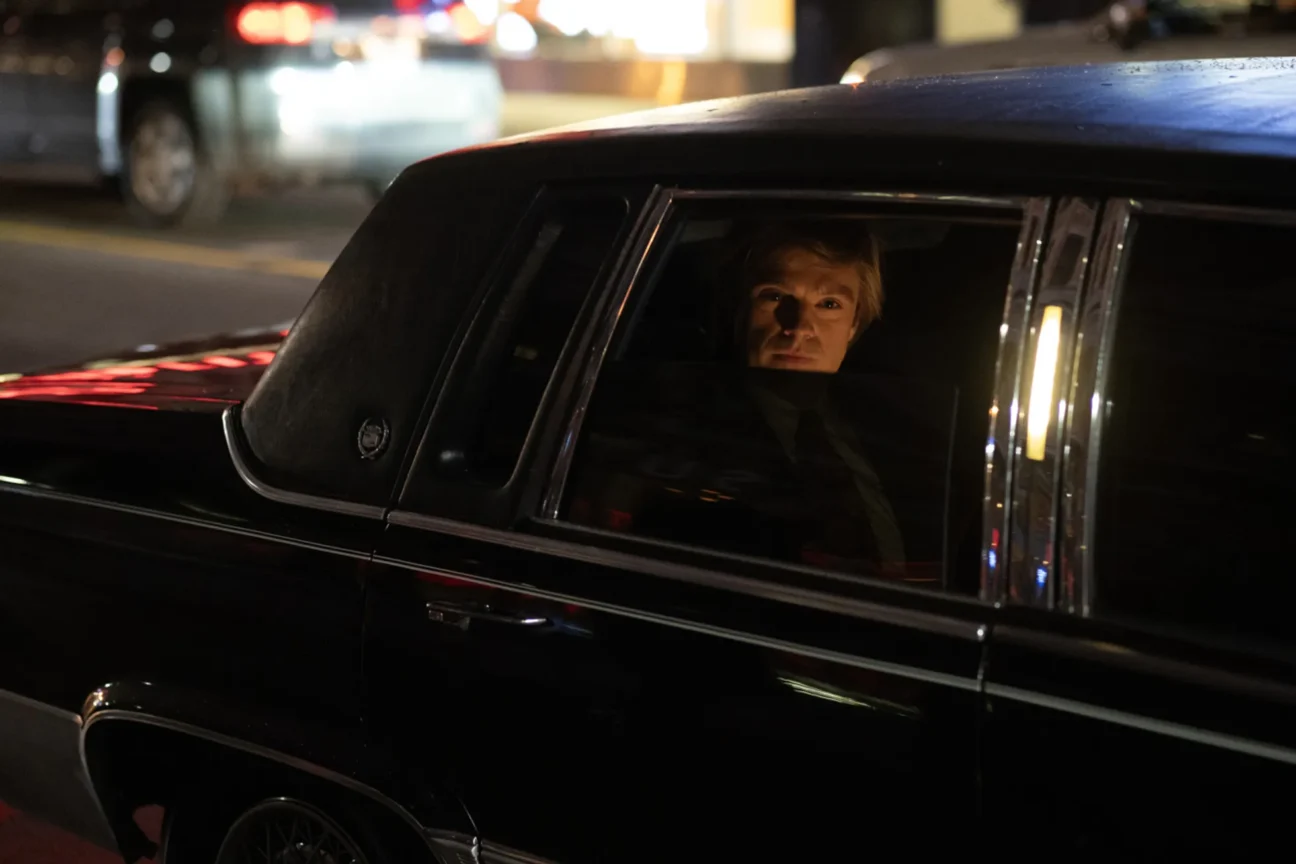The Director is Dissatisfied: Crafting the Monster Known as Trump, Ali Abbasi’s version
Fixation on power, money, and gain, intertwined with cynicism and disdain for conventions—a potent cocktail for the realization of the American dream. This complex dynamic succeeds, in its own warped way, for both Roy Cohn and Donald Trump, the protagonists of Ali Abbasi’s film “The Apprentice.” However, it is the former, according to screenwriter Gabriel Sherman and the director, who shapes the latter. Roy Cohn, a lawyer and master manipulator on the U.S. political stage of the late 20th century(Cohn was a vocal opponent of gay influence in government despite being gay himself), for whom his contradictions are merely low-valued chips in the game of vanity and narcissism. One evening, while dining with his girlfriend, the 27-year-old Donald Trump, a nepo-baby of a real estate developer just starting his career collecting rents from New York’s marginalized, meets Cohn.

Trump (played by Sebastian Stan) sees in Cohn (Jeremy Strong) a mentor figure—a relationship that is clear—but what this experienced fixer, the living embodiment of greed and pseudo-patriotism, discerns in the shy young man remains, apparently, a mystery to the filmmakers themselves: their explanations barely venture beyond “there’s something in the boy” and “what a great surname you have.” Perhaps Cohn recognized in Trump a talent for concocting endless schemes or a pathological craving for wealth; regardless, the two characters almost fall in love with each other.

The guru, through blackmail and bribery, helps his protégée in winning his first legal battles and, by refusing a fee (“I’ll help you now, you won’t forget me later”), sponsors Trump’s purchase of the Brioni suit. “To earn a million, you must look like a million,” Cohn educates. The student adopts three other commandments from his mentor and carries them through the years:
1. Attack, attack, attack!;
2. Never admit to anything;
3. Always declare your own victory.
What begins as a kind of rom-com, or at least a mentorship drama, gradually descends into a horror: the dangerous dreamer with fuchsia lips transforms into a sack filled with manias and fixations, hating everyone in sight. Possessing a shallow mind but an enormous will, disregarding anything except power, he is convinced that America is ruled not by laws but by vices.

Danish-Iranian director Ali Abbasi has undertaken the task of chronicling the rise of Trumpenstein, turning it into a narrative that lacks provocative insights or revelations one might anticipate. Instead, he chooses to focus on what he deems the most vivid episodes from the life of the politician-billionaire: a forced liposuction, the rape of his wife Ivana (played by Maria Bakalova), and various manifestations of greed and deception. Given the apparent clarity of where the evil, avarice, and futility lie, Abbasi’s approach is surprisingly cautious. “The Apprentice” is devoid of the sharp social commentary that characterized Abbasi’s previous, noteworthy works—“Gräns” (about border trolls) and “Holy Spider” (about an Iranian serial killer and a journalist)—as it lacks any elements of caricature.

This omission is regrettable, as it may have been worthwhile to wield art as a weapon against its subject, creating a precedent capable of swaying the undecided American electorate. Whether Abbasi laments this missed opportunityremains unknown, but this is a case where neutrality appears not as objectivity, but aspassivity and softness.

Despite its gritty stylization reminiscent of 1970s and 80s television, “The Apprentice” looks too neat. As the sociopathic riff and the erosion of humanism progress throughout the film, they fail to overshadow the lingering sense that Abbasi, like many others, has fallen prey to the aura of Trump. This fascination appears to have hindered the natural reaction towards Trump’s persona: utter revulsion. Consequently, the pervasive melancholy—the film’s dominant mood—reflects, perhaps, a certain bewilderment on the part of the creators, a state induced by their own creation.

Divorced from its political context—an admittedly impossible task—“The Apprentice” would be a fairly engaging and undoubtedly well-acted spectacle for a film that has nothing new or substantial to declare. The spectacle, whichthe real-life Donald Trump, following the teachings of his mentor, has already labeled “fake” and “low-grade”.













